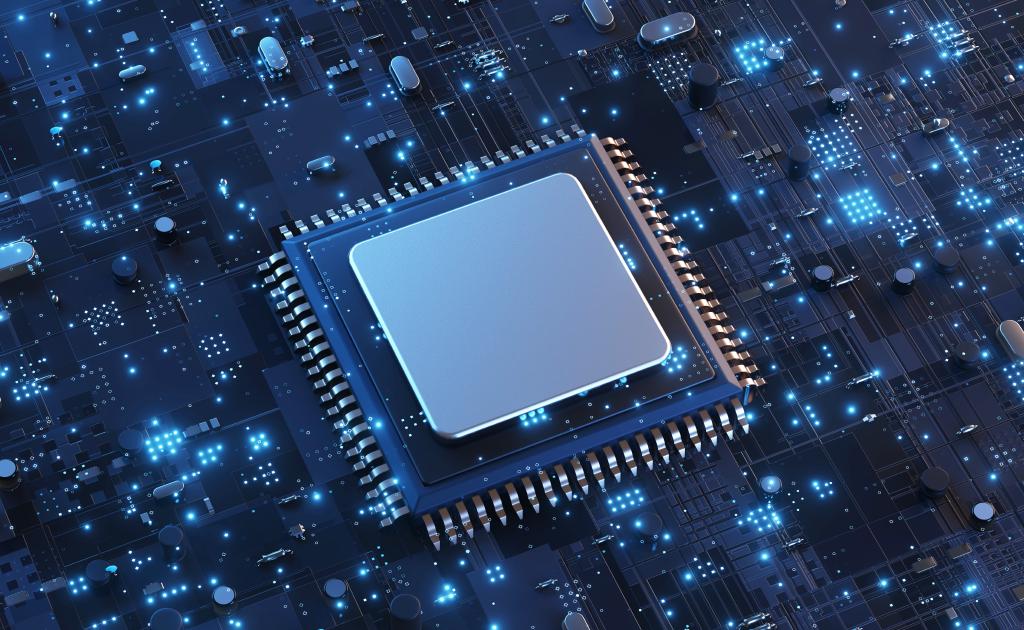所有文章
June
- | Mondo Visione
First-Ever Universal Processor “Prodigy” FPGA Prototype, With Vast Power And Cost Saving Ability, Unveiled To The World
The first-ever universal Processor FPGA Prototype, with the potential to create unrivalled computational speed and huge energy saving capabilities, was today launched to the world by one of the world’s leading semi-conductor companies, Tachyum.
- | TechRadar
Tachyum says it's one step closer to Prodigy release
Built using field-programmable gate array (FPGA) emulation boards, Tachyum has been hailing Prodigy’s significantly improved performance and lower lower energy consumption for the past few years.
- | EE Journal
Are We Ready for Human Brain-Scale AI?
Targeted at hyperscale data centers, the Prodigy Universal Processor architecture is predicted to out-perform central processing units (CPUs), graphics processing units (GPUs), and tensor processing units (TPUs) for data center, artificial intelligence (AI), and high-performance computing (HPC) applications. For example, Prodigy will outperform NVIDIA’s fastest GPU in HPC, as well as AI training and inference tasks (125 HPC Prodigy racks can deliver 32 tensor EXAFLOPS).
May
- | Business Talk Magazine
Meet Dr. Radoslav Danilak- The Man Behind Tachyum
Prodigy’s intense computing muscle can help AI use cases in particular. Convolutional neural networks, deep learning AI, symbolic AI, general AI, and bio AI are the disciplines that have emerged in recent years, each with its own set of algorithms and computing criteria. Human brain modeling, meanwhile, is in high demand by R&D ventures due to its promise of extracting information from large data sets. The Tachyum Universal Processor Platform is suitable for projects like the real-time Human Brain Project, which needs more than 1019 Flops (10,000,000,000,000,000,000 floating-point operations per second – 10 exaflops), as well as supplying computing resources for science and engineering solutions that today’s systems cannot offer.




